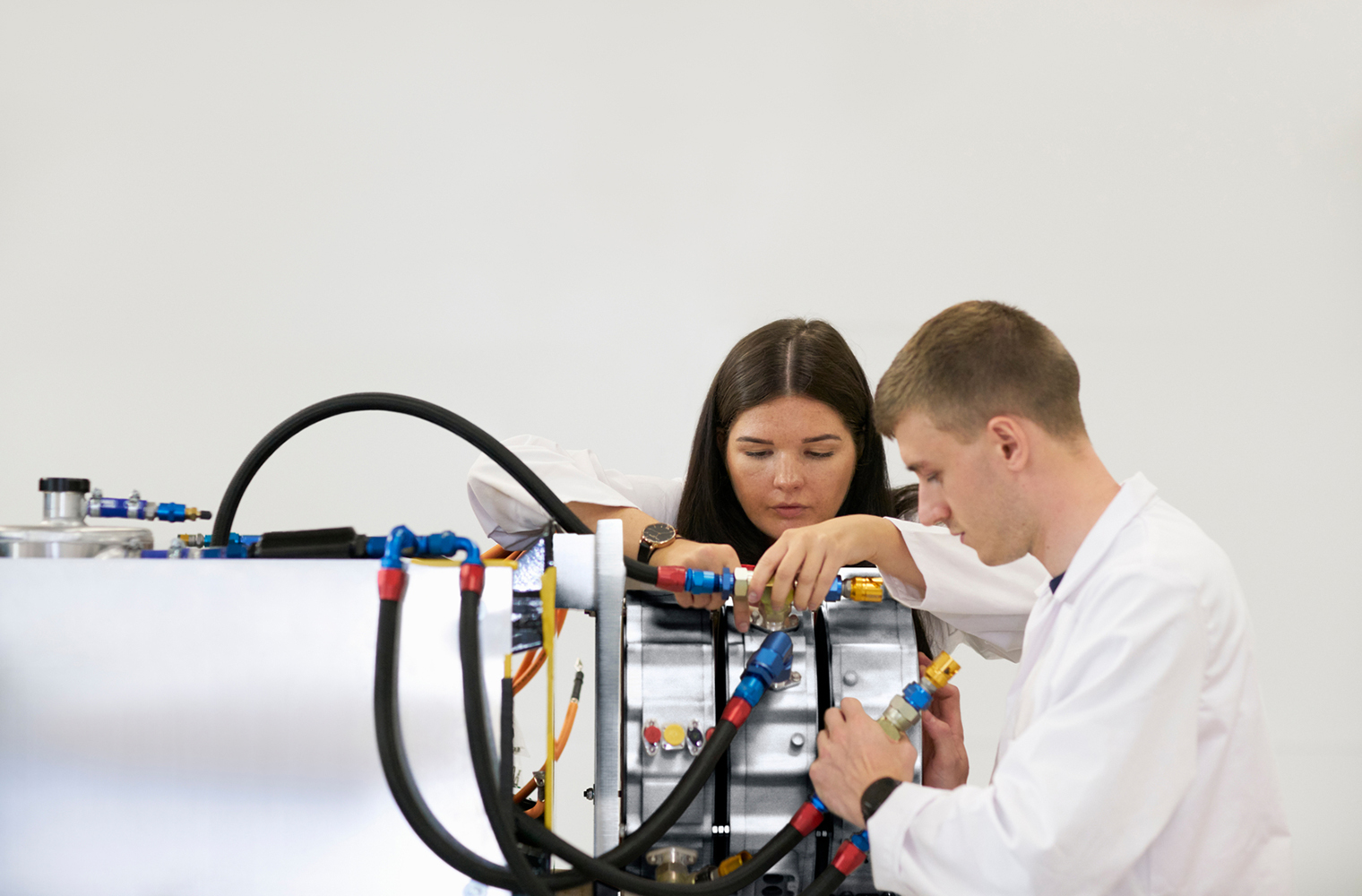The UK’s Future Combat Air System (FCAS) programme has outlined steps to reduce carbon emissions and promote sustainable practices in a newly published sustainability strategy (read here).

FCAS – which combines the expertise of the UK MoD, BAE Systems, Leonardo UK, MBDA UK and Rolls-Royce - aims to ensure the Royal Air Force retains world-leading independent military capability, centred around a 6th generation combat aircraft.
The FCAS Sustainability Strategy is aligned to both the MoD’s Climate Change and Sustainability Approach and the RAF’s Net Zero 2040 ambition. It highlights how implementing sustainable practices throughout the FCAS Enterprise will ensure long-term viability for both the programme and the Defence sector, minimise negative contributions to the environment, create energy sovereignty, contribute towards levelling-up and maintain security for future generations.

The strategy identifies five strategic objectives that present opportunities to yield significant benefits for environmental and social sustainability:
- Improve Enterprise resilience to climate change by designing the FCAS programme end products and support solutions to be able to operate in a climate changed world.
- Realise opportunities for Enterprise resilience by identifying and utilising new technologies, materials and digital capabilities to promote sustainability and energy sovereignty from the earliest conceptual stages of the programme. In particular, anticipate opportunities posed by circular economy principles throughout the lifecycle of the programme and using manufacturing techniques to reduce waste.
- Maximise contribution to society by making demonstrable and measurable progress against the UK’s Social Value Model and contribute to the UN’s Sustainable Development Goals. This includes inspire the next generation through sustainability awareness in support of STEM training, align with industry and MoD gender equality targets, invest in carbon technologies and develop sustainability skill sets across the UK.
- Minimise negative contribution to the environment by incorporating sustainability thinking into the FCAS programme including deselecting environmentally hazardous materials and, where possible choosing materials that can be recycled; use circular economy principles to promote a low waste culture; ensure fuel consuming products are designed to use alternative fuels; and promote a culture change across all industry partners.
- Maximise contribution to the National Value Framework by supporting UK green industry and academia through collaboration with SMEs and universities, influence international partners’ commitments around sustainability, and contribute to the UK economy through full-time jobs, gross value added and GDP.

To support this ambition and provide further detail of how it will be achieved, an implementation plan will follow this strategy.
“All sectors in society contribute to climate change, and Defence is no exception. It is therefore right that within FCAS, we take environmental sustainability seriously and make responsible business decisions to limit our programme’s impact on the environment. We also recognise the need to evolve and adapt to climate change, and our new FCAS Sustainability Strategy identifies ways in which we will do that. By collectively promoting sustainable practices, such as those set out in our strategy, we can help make a real difference for future generations.”
Richard Berthon
Director Future Combat Air for the MOD
“With the aid of this strategy, we envisage FCAS to become the most successful and visible example of how UK defence can produce a world-leading sustainable product and, ultimately, improve operational, support and supply resilience that directly influences the UK’s future military capability.”
Andrew Eady
Sustainability Executive for Rolls-Royce’s Future Programmes
Andrew Eady, said, “Rolls-Royce is proud to support the MoD’s FCAS Sustainability Strategy, which sets out a clear vision for achieving a Net Zero-compatible FCAS system of systems. We are committed to delivering innovative and sustainable solutions that will ensure FCAS can operate in both today’s and tomorrow’s climate changed environment. We believe that a sustainable FCAS programme will generate significant social and national value for the UK by generating thousands of high-skilled jobs, boost the UK’s emerging green economy and foster collaboration across industry, academia and government. It will also inspire a generation of STEM engineers who will contribute to shape the future of sustainable aerospace."
Read the FCAS Sustainability Strategy here.












